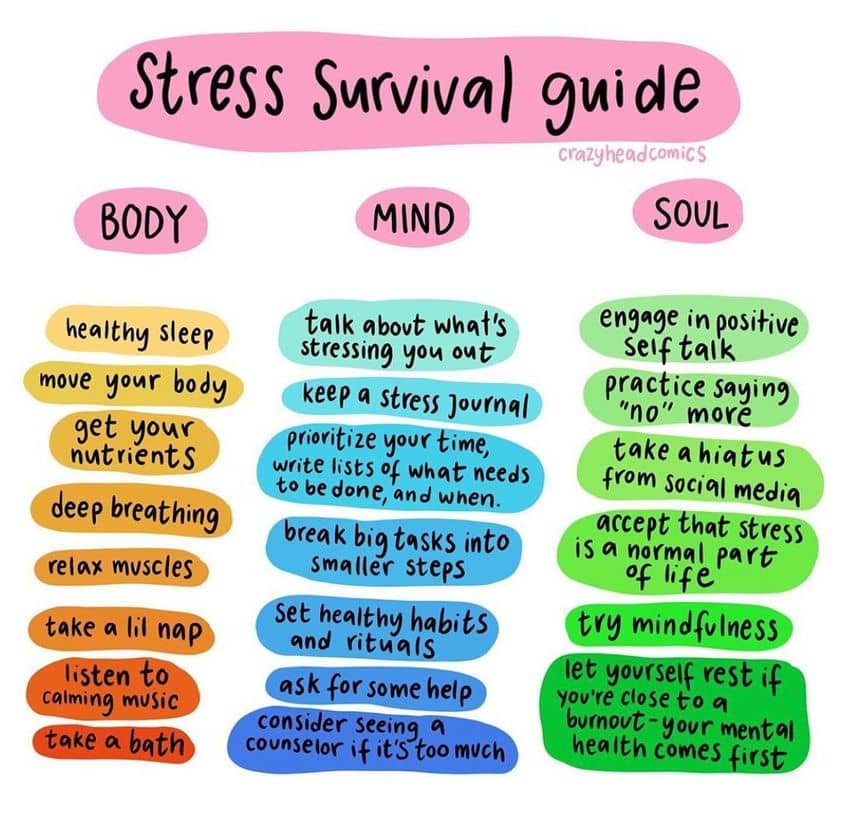New Year Thoughts

2021, it’s finally here! I’m sure it’s fair to say that everyone is glad to see the back of 2020, the year that will be forever etched in our minds for all the wrong reasons. Whether you suffered loss of loved ones, ill health or general anguish due to the Covid 19 pandemic- the new year will hopefully turn a fresh page on the horror of last year.
Unfortunately, we are far from out of the woods yet. Yes, we’re in another lockdown, home schooling is back in the short-term (fingers crossed) and the Covid numbers are looking worse than at the beginning! In fact, looking at the latest statistics and news coming from hospitals it seems that things will get worse before they get better.
BUT WE DO HAVE LIGHT AT THE END OF THE TUNNEL.
Some Covid 19 vaccines have gotten approval for emergency use by the European Medicines Agency (EMA). The BioNTech -Pfizer vaccines have begun being administered to front line workers and elderly care home residents since the start of the month. You can see the list at the bottom of this blog to see which category you fit into. The Minister of Health hoped that by the end of March 700,000 doses would be administered to the top three groups.
At the time of writing 40,000 doses have been administered so far and the first delivery of Moderna vaccine which got approval last week has also arrived in Ireland. It is also hoped that the Oxford/AstraZeneca vaccine will also gain approval by the end of the month. Since this vaccine only needs to be stored at fridge temperature it is hoped that it will make it easier logistically to get to the mass population.
At Pharmhealth we have successfully administered the winter flu vaccines for over a decade and we hope that Covid vaccine supplies will be made available to us in due course to assist in the roll-out of the vaccination campaign in whatever way we can.
All this is good news, we can’t let our guard down just yet; but in the next few months our most vulnerable should have protection against the virus. The message is still the same since the beginning: We need to continue staying at home, washing our hands and wearing a mask if you’re out #staysafe #protecteachother
In the meantime here are some steps to help you though the next few weeks:
- Take care of yourself as well as others – your mental health is extremely important to your entire well-being. Mindfulness colouring, listening to classical music and yoga all help with this.
- Try to eat well and get some form of exercise even if it’s just a walk around the block, climbing the stairs a few times a day or a boogie in the kitchen. PE with Joe Wicks is back and there are many other exercise classes available on YouTube. DCU gym and DCU healthy instagram accounts also have great helps and tips for exercise and well work a look.
- If you are trying to work from home, whilst also assisting with home learning with your kids , remember you are neither a superhero or a professional teacher! Do what you can and try to fit it around the working day – every parent is going through the same thing, it is far from easy and there will be battles at home. If it all gets too much leave the room while everyone calms down.
- There are lots of educational resources online available,and RTE and BBC have also created learning programmes on TV for children of different ages, which means you don’t need broadband to access them.
https://www.rte.ie/learn/home-school-hub/
https://www.bbc.co.uk/bitesize
- Don’t be too hard on yourself if you haven’t achieved what you wanted to so far. Tomorrow is another day and we’re all doing well just getting there step by step.
As a quick reference guide we have included below the provisional order in which people in Ireland will be vaccinated against COVID-19 according to the Department of Health in Ireland.
- People aged 65 years and older who are residents of long-term care facilities (likely to include all staff and residents on site)
- Frontline healthcare workers
- People aged 70 and older
- Other healthcare workers not in direct patient contact
- People aged 65-69
- Key workers
- People aged 18-64 with certain medical conditions
- Residents of long-term care facilities aged 18-64
- People aged 18-64 living or working in crowded settings
- Key workers in essential jobs who cannot avoid a high risk of exposure
- People working in education sector
- People aged 55-64
- Other workers in occupations important to the functioning of society
- Other people aged 18-54
- People aged under 18 and pregnant women

